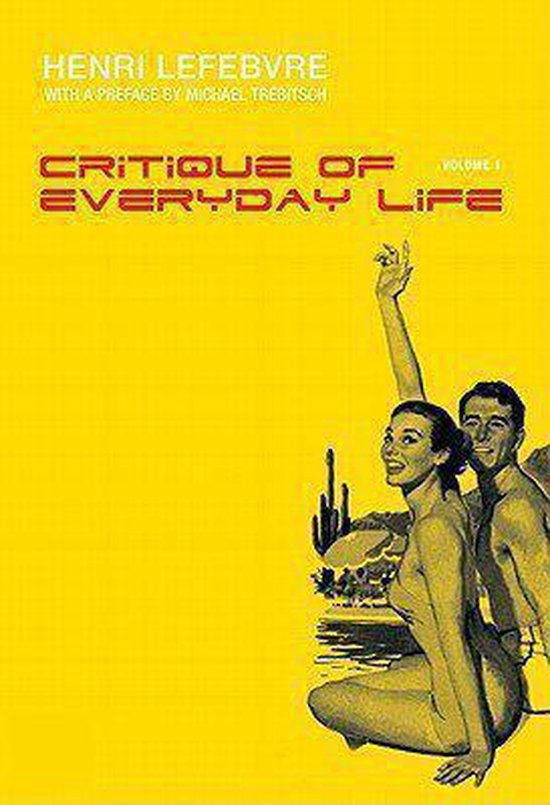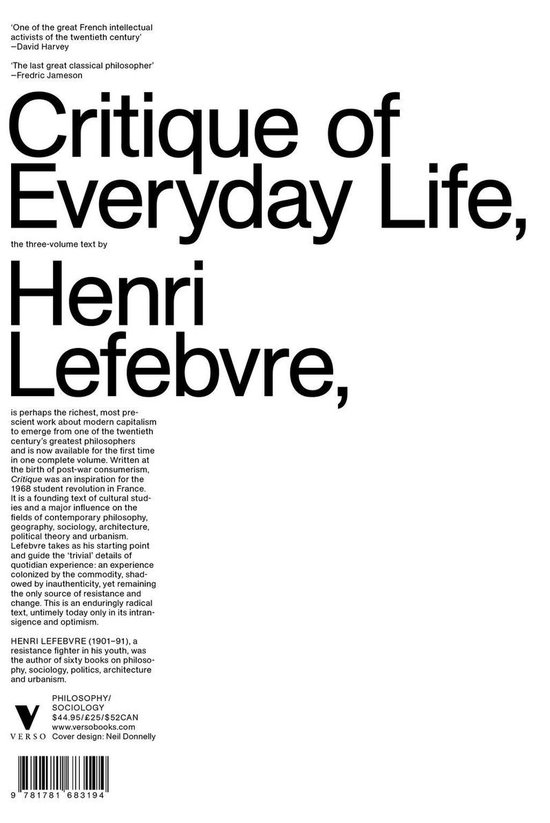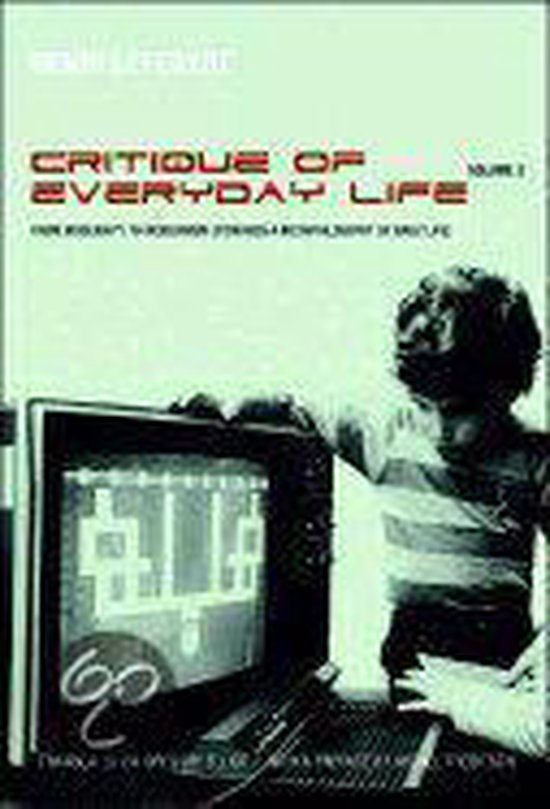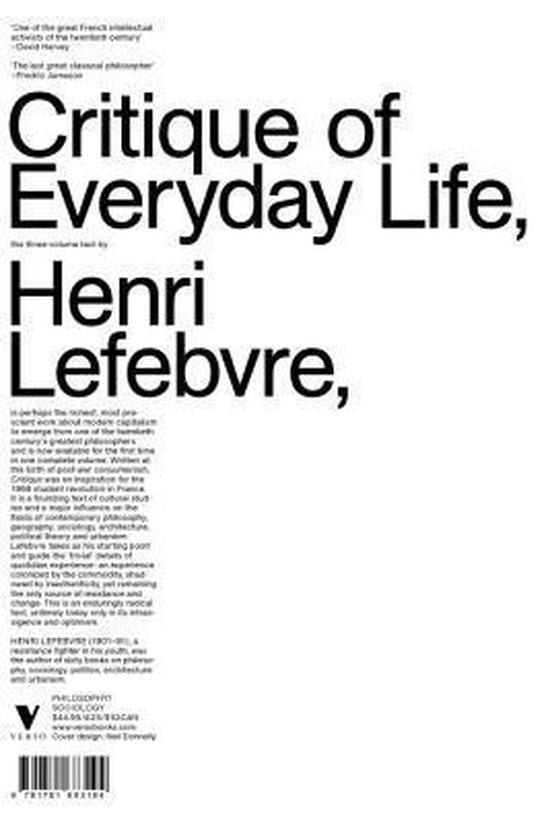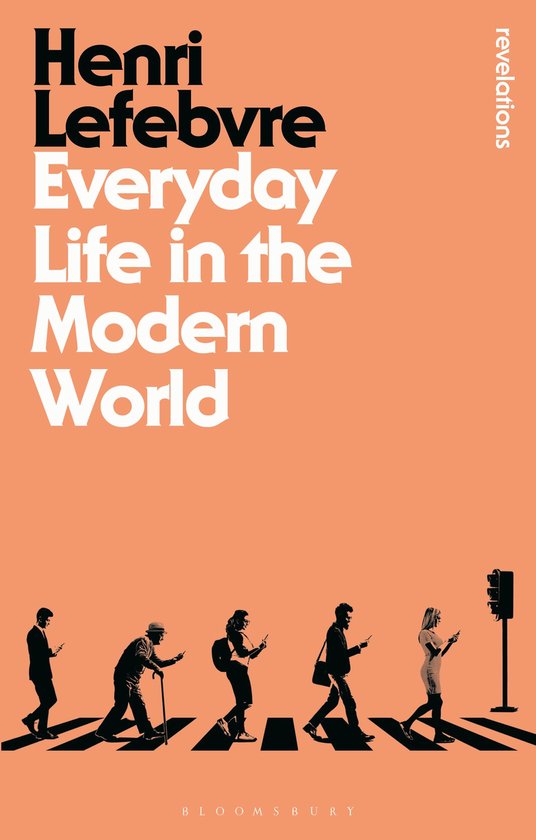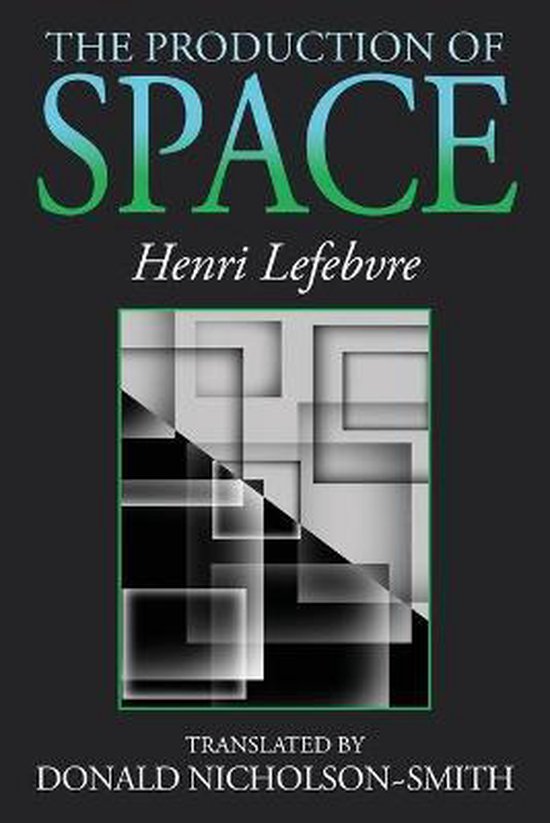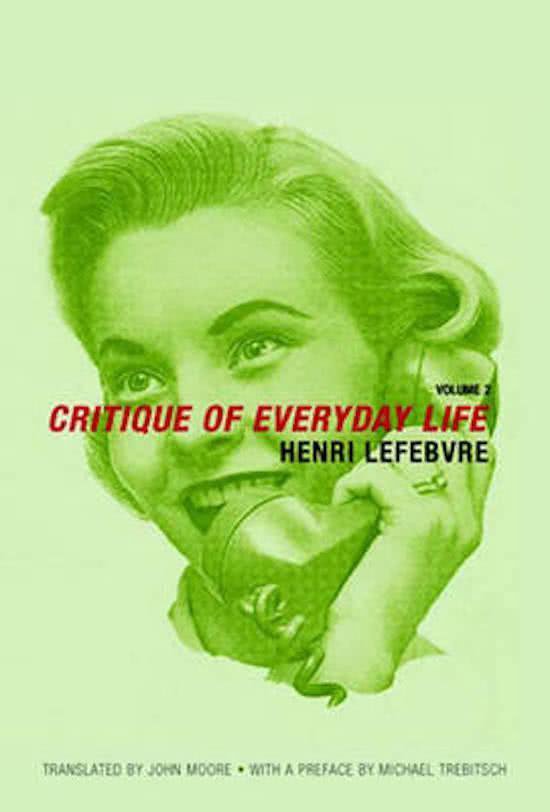
Critique of Everyday Life
We have before us a mature work, firm and rigorous in its expression, resolute in its theoretical ambition, and with few equivalents in the rest of Lefebvre's output. It can be read as a veritable 'discourse on method' in sociology - in particular, because it aspires to restore a properly philosophical rigour to the latter. And it determined a scholarly stance in Henri Lefebvre which, lifting him out of intellectual marginality, gives all its force to the core of the project: the development of a radical critique of what exists that serves to clarify his trajectory during subsequent years. - from the Preface. Henri Lefebvre's three-volume Critique of Everyday Life is perhaps the richest, most prescient work by one of the twentieth century's greatest philosophers. The first volume presented an introduction to the concept of everyday life. Written twenty years later, this second volume attempts to establish the necessary formal instruments for analysis, and outlines a series of theoretical categories within everyday life such as the theory of the semantic field and the theory of moments. The moment at which the book appeared--1962--was significant both for France and for Lefebvre himself: he was just beginning his career as a lecturer in sociology at Strasbourg, and then at Nanterre, and many of the ideas which were influential in the events leading up to 1968 are to found in this critique. In its impetuous, often undisciplined prose, the reader may catch a glimpse of how charismatic a lecturer Lefebvre must have been.
| Auteur | | Henri Lefèbvre |
| Taal | | Engels |
| Type | | Hardcover |
| Categorie | | Mens & Maatschappij |
